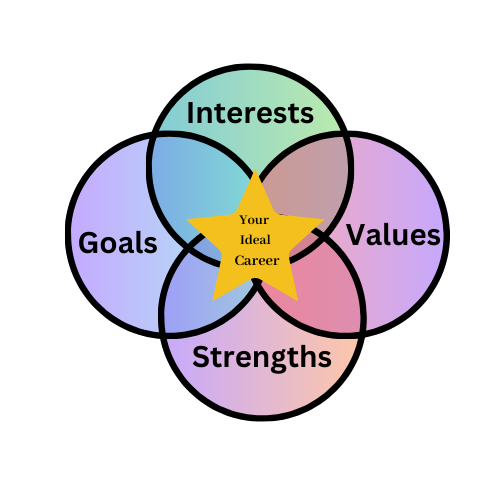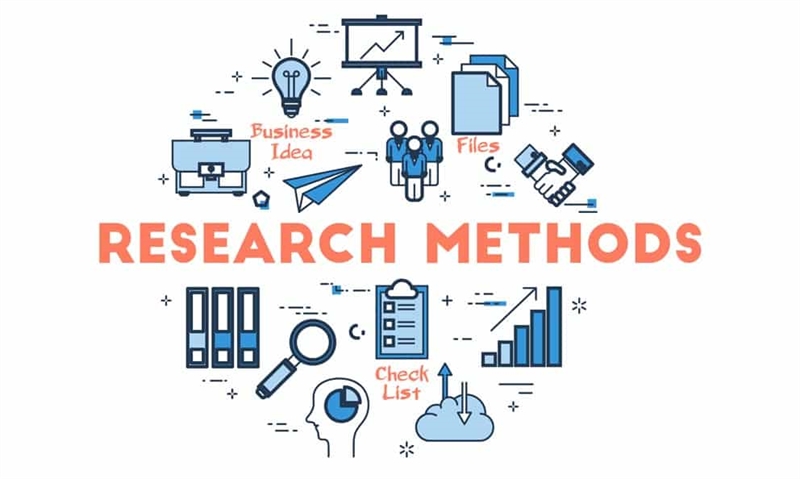|
|
With Summer and Independence Day upon us we hope this finds you well and in high spirits as we dive headfirst into the scorching summer season here in beautiful Houston, Texas! As the temperatures continue to rise, we wanted to take a moment to reflect on the vibrant and eventful summer we have been experiencing thus far. From sun-soaked days by the glistening waters of Galveston Beach to lively music festivals that bring the city alive, Houston is buzzing with excitement and endless opportunities for fun and adventure. The Houston RPO team has been working on putting together events like heading to a ball game, volunteer opportunities, and great initiatives for our chapter moving forward! |
|
| Meet GWS! |
Written By: Karen Jones
Global Workplace Solutions (GWS) provides integrated outsourcing services to occupiers of real estate, including facilities management and project management. We are organized into sectors to provide a tailored approach to our clients with focus on their particular industry. Our 8 sectors are: Energy & Resources, Financial & Professional Services, Healthcare, Industrial & Logistics, Infrastructure Defense & Public Enterprise, Life Sciences, Retail & Multi-site, and Technology Media & Telecom.
Facilities management is the day-to-day management of client-occupied space for traditional office space, such as a headquarter building or regional office, as well as facilities serving specialized industries such as data centers, life science and medical facilities, distribution warehouses, government facilities and retail stores. We provide facilities management services to clients with single or multiple-location sites, as well as regional, national and global portfolios. We manage over 4 billion square feet of facilities on behalf of our occupiers.
Managing these spaces requires an account team led by an Alliance Director (AD) who acts as the main point contact for our clients. The AD is supported by finance, technology, procurement and people teams. The dedicated account team is made up of facilities leaders, such as directors and managers, along with facilities support and technical staff. The technical staff is truly what drives our differentiation. Through our robust training programs and competency verifications we are able to deliver services with our CBRE technicians. These technicians can either be stationary, dedicated to a site or campus, or mobile, covering may locations within an area. This allows CBRE to drive savings for our clients by self-performing technical work where possible, versus using a third-party supplier.
Project management services can be provided on a one-off or ongoing basis for our owners, investors and occupiers of real estate. We can provide services for a special project such as a large move, build out of new space, energy and sustainability project, or the construction of a new site. We can also provide project management for smaller projects such as roof or equipment replacement, furniture installation or creation of new employee space within an existing office. Our project management team works closely with our facilities management team and is structured based on the volume of work needed. On some accounts we have a dedicated staff of project management professionals delivering projects for a single client. Although some accounts may not have enough projects for a dedicated staff, we are still able to provide services through our project management team on an as needed basis.
Thanks for taking a few minutes to learn more about GWS! Check out our GWS Intranet Page for more information or feel free to reach out to me directly! https://cbre.sharepoint.com/sites/intra-GWS |
|
|
5 Steps to Developing a Successful Career Plan |
 |
 |  |
Step 1: Self-Assessment
- Have you ever taken the time to reflect on your strengths, weaknesses, and passions? Self-assessment is an essential first step in developing a successful career plan. Start by identifying your transferrable skills – these are skills that can be applied across different industries and job types.
- Next, think about what motivates you and makes you happy at work. Is it working with people or working independently? Do you enjoy creative projects or analytical tasks? By understanding your interests and values, you can identify potential career paths that align with them.
- Take stock of where you're at in your current role. What do you like about it? What challenges do you face? This reflection will help guide the next steps in creating a plan for career progression. Remember, self-assessment is all about gaining clarity on who you are as a professional so that any plans moving forward align with your goals and aspirations!
- LinkedIn Learning Video: Discovering Your Strengths
|
|
 |  |
| Step 2: Define Your Goal |
- When you think about your career, where do you see yourself in the future? What kind of job position would make you feel fulfilled and contented? These questions can help you define your goals. Defining your goals is essential when creating a career plan as it gives direction to all of your efforts.
- Your career goals should be SMART – specific, measurable, achievable, relevant, and time-bound. Specific means that they should be clear and well-defined. Measurable means that there must be ways to track progress towards achieving them. Achievable means they should stretch but not overwhelm or discourage you. Relevant means they match with what's important for you in life. Time-bound ensures that there's a deadline for completing them.
- Defining your goals helps prioritize tasks and actions aligned with them while making sure everything moves towards a common end goal: personal fulfillment through success!
- LinkedIn Learning: Successful Goal Setting
|
|
 |  |
Step 3: Research Your Desired Industry
- So, you've done some self-assessment and defined your goals. Great! But now it's time to dive deeper into the industry you want to pursue. Whether you're just starting out or looking for a career change, researching your desired industry is crucial in developing a successful career plan.
- Take the time to research current trends and developments within the industry. This will not only give you insight on what skills are currently in demand but also help you identify potential areas of growth within the field.
- Network with professionals already working in your desired industry. Reach out to them through social media platforms like LinkedIn or attend networking events in your area. You can learn so much from those already established in your chosen field.
- Investigate education and training opportunities available that align with where you see yourself heading within the industry. Having additional qualifications or certifications can greatly increase your chances of getting hired or advancing further down the line.
- Conducting thorough research into your desired industry gives you a clear understanding of its landscape and helps set realistic expectations for what steps need to be taken for career progression.
- LinkedIn Learning Video: Taking Charge of Your Career
|
|
 |  |
Step 4: Create an Action Plan
- So, you've done your self-assessment, defined your goals, and researched your desired industry. Now it's time to create an action plan for achieving those goals. This step is crucial because without a roadmap, it's easy to get lost or lose motivation along the way.
- Break down each goal into smaller, manageable tasks. For example, if one of your goals is to improve your transferrable skills in order to progress in your career, you could break that down into researching online courses or attending workshops.
- Set deadlines for each task. This helps you stay on track and ensures that you don't miss any important steps towards achieving your ultimate goal.
- Hold yourself accountable by regularly reviewing and adjusting your action plan as necessary. Remember that this is not a static document - life happens and priorities can shift over time. By staying flexible and adaptable with your plan of action, you'll be better equipped to handle any obstacles that come up along the way.
- LinkedIn Learning Video: Creating a Career Plan
|
 |  |
Step 5: Continuously Review and Update Your Plan
- Remember, career planning is not a one-time task. It’s important to continuously review and update your plan as you achieve your goals or encounter new ones. Keep track of your progress, reassess your skills and interests regularly, and adjust the direction of your career path accordingly.
- With these five steps in mind, you’re on the right track to developing a successful career plan that will guide you through all stages of your professional journey - from job hunting to climbing up the corporate ladder or even switching careers entirely.
- So take control of your own future by taking these actionable steps towards achieving meaningful work and fulfilling personal growth. With perseverance, dedication, and flexibility - there’s no doubt that you’ll be able to reach heights beyond what you thought possible!
- LinkedIn Learning Video: How to Own your Career and Build Your Dream Job
Written By: Tawnie Thieme |
|
|
|
|
Upcoming Events
|
 |
| Add the July RISEcast Call |
| Wednesday July 26, 2023 @ 2:00PM CT |
|  |
|
|
|
Do you know someone who ight be interested in Joining the Houston RPO Chapter? Please forward them this email and have them fill out this form! |
|
|
|
 |
|
|
Address: 2800 Post Oak Blvd., Suite 500 Suite 700, Houston TX 77056
|
|
|